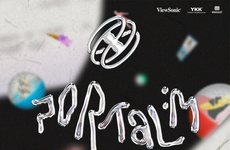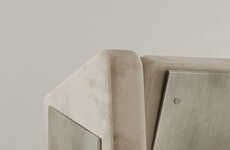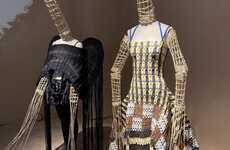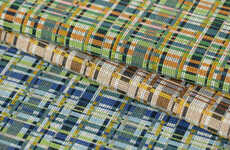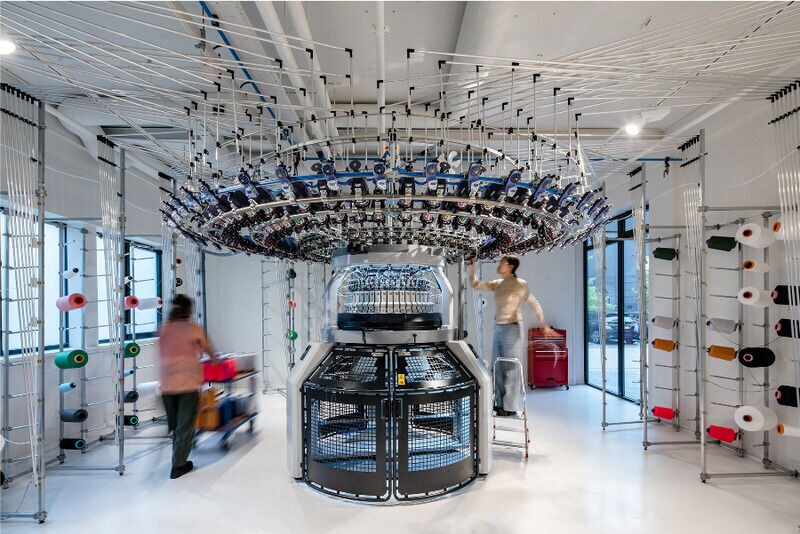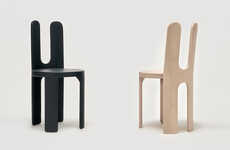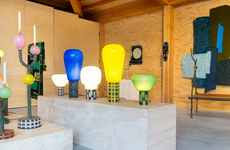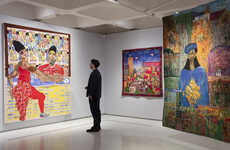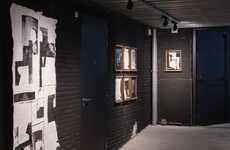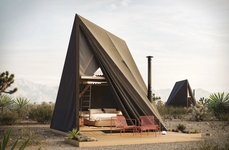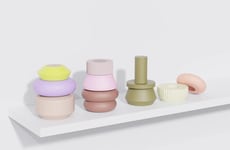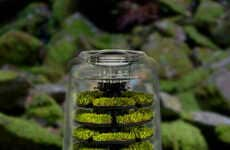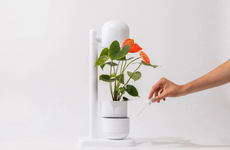
BYBORRE Showcases Its Approach to Textile Production
References: news.byborre
BYBORRE's recent exhibitions at Dutch Design Week showcase its innovative approach to textile production, which merges design and technology to offer sustainable and customizable textiles.
With its CREATE! exhibition, BYBORRE illustrates the impact of its zero-inventory model and transparent supply chain. The brand’s textile platform supports full visibility into material sources, and BYBORRE's 'textile passport' provides detailed information on material origins and recyclability. This knowledge empowers consumers and designers to make responsible choices. This platform is intended to streamline the textile production process for a variety of applications — from furniture and interior design to fashion — with tools that allow for real-time design visualization.
Collaborations with designers such as Kiki & Joost and Studio RENS during Dutch Design Week highlight BYBORRE’s adaptability, featuring projects that incorporate traditional techniques reimagined with modern functionality.
Image Credit: BYBORRE
With its CREATE! exhibition, BYBORRE illustrates the impact of its zero-inventory model and transparent supply chain. The brand’s textile platform supports full visibility into material sources, and BYBORRE's 'textile passport' provides detailed information on material origins and recyclability. This knowledge empowers consumers and designers to make responsible choices. This platform is intended to streamline the textile production process for a variety of applications — from furniture and interior design to fashion — with tools that allow for real-time design visualization.
Collaborations with designers such as Kiki & Joost and Studio RENS during Dutch Design Week highlight BYBORRE’s adaptability, featuring projects that incorporate traditional techniques reimagined with modern functionality.
Image Credit: BYBORRE
Trend Themes
1. Zero-inventory Models - Adopting a zero-inventory model reduces waste and allows for on-demand production, creating more sustainable supply chains.
2. Transparent Supply Chains - Implementing fully transparent supply chains enhances trust and empowers consumers to make informed choices about the origins and recyclability of materials.
3. Real-time Design Visualization - Utilizing tools for real-time design visualization streamlines the creation process and enables more personalized and efficient production.
Industry Implications
1. Sustainable Fashion - Sustainable fashion benefits from innovative textile production methods that reduce waste and promote ethical sourcing.
2. Interior Design - Interior design can leverage customizable textile solutions to create unique, eco-friendly spaces.
3. Furniture Manufacturing - Furniture manufacturing is enhanced by sustainable and transparent textile production, offering new opportunities for eco-conscious consumers.
6.8
Score
Popularity
Activity
Freshness

